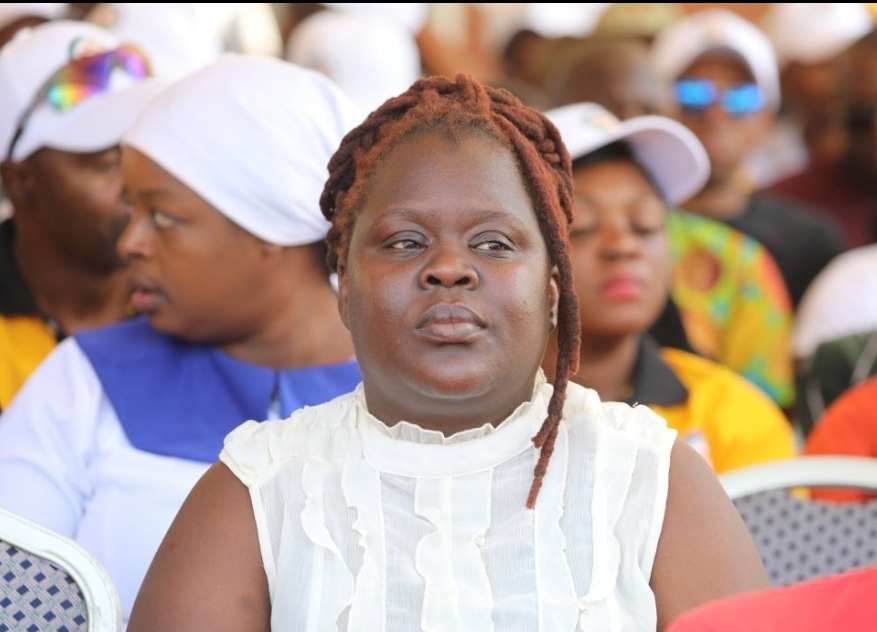By Daniel Chigundu
Labour Economists and African Democrats (LEAD) leader Linda Masarira says she will be President of Zimbabwe come 2028.
Masarira is one of the few women that have braved Zimbabwe’s toxic political terrain to successfully form political parties of their own. The other one is Violet Mariyacha of the United Democracy Movement (UDM).
In an interview with Q Dube on Magamba TV Take Down, the self-styled politician said she will use the 2023 elections to learn and prepare for 2028.
“Realistically I think in 2028 I will be the first female President of Zimbabwe. 2023 has got a lot of political dynamics in place and for me I am going to take 2023 as a lesson. I am going to get into it to understand the ropes because you cannot just jump into it or get to it just because you have just jumped into a pool.
“We always have to learn, we always have to take baby steps and we always have to learn how to do things. So for me I dont see myself getting into power in 2023 because of the political dynamics in our political space.
“But I am taking that opportunity to learn, to understand and perfect my campaign going forward and making sure that in 2028 I will be seating in Munhumutapa Building (President’s offices) right there in Samora Machel Avenue in Harare,” she said.
Zimbabwe has not had a female President and the highest that women have gone in politics is attaining the Vice Presidency.
However, the achievement did not stay long as the officeholder Joice Mujuru was eventually ousted due to factionalism in the Zanu PF.
Women are currently trying to lobby President Emmerson Mnangagwa to at least appoint a woman to take the vacant seat left by Kembo Mohadi who recently resigned out of shame due to alleged sex scandals.
Organisations that represent women are also demanding 50-50 representation in Parliament.
They are on record that they want 105 seats of the 210 that are directly contested for.
Currently, less than 40 women made it to the National Assembly through direct voting and they had to depend on the Proportional Representation Clause (60 seats) to increase the numbers.



